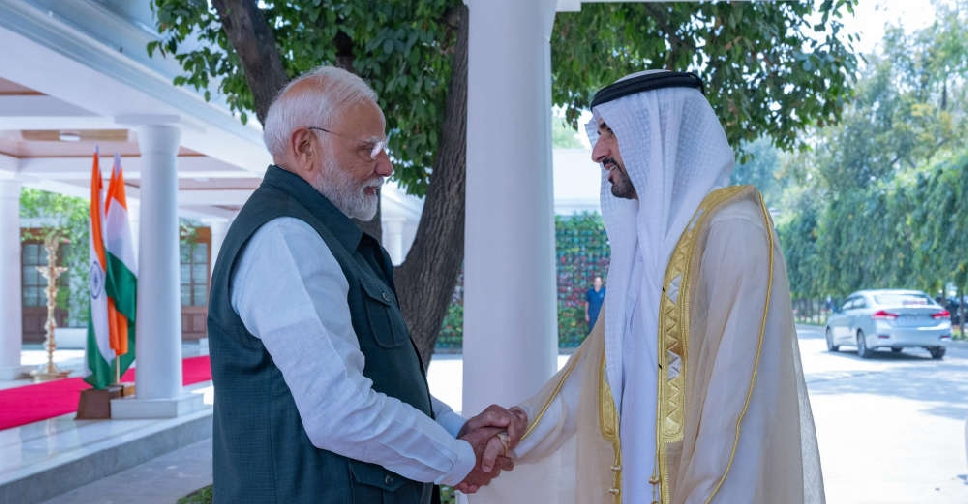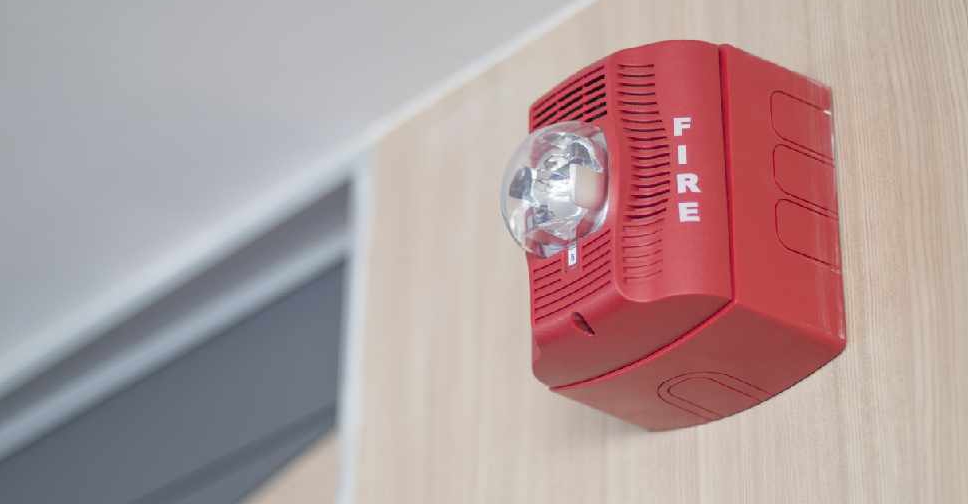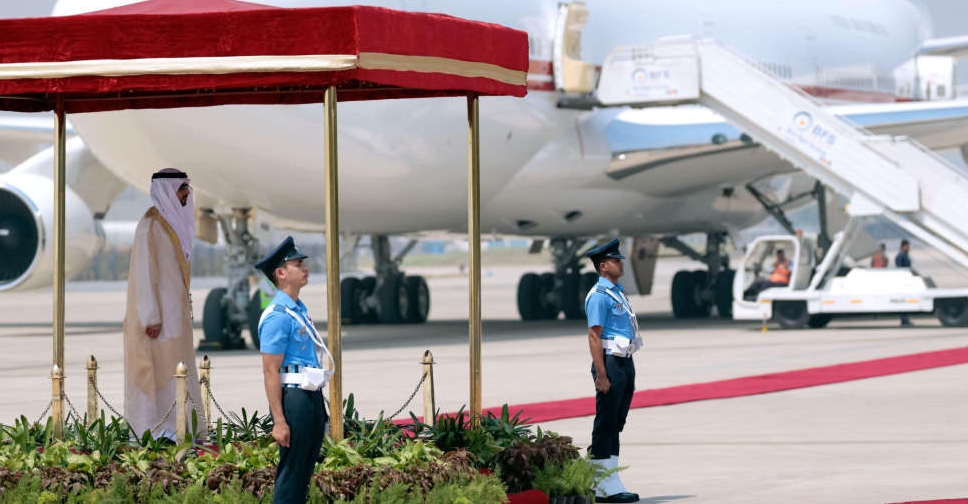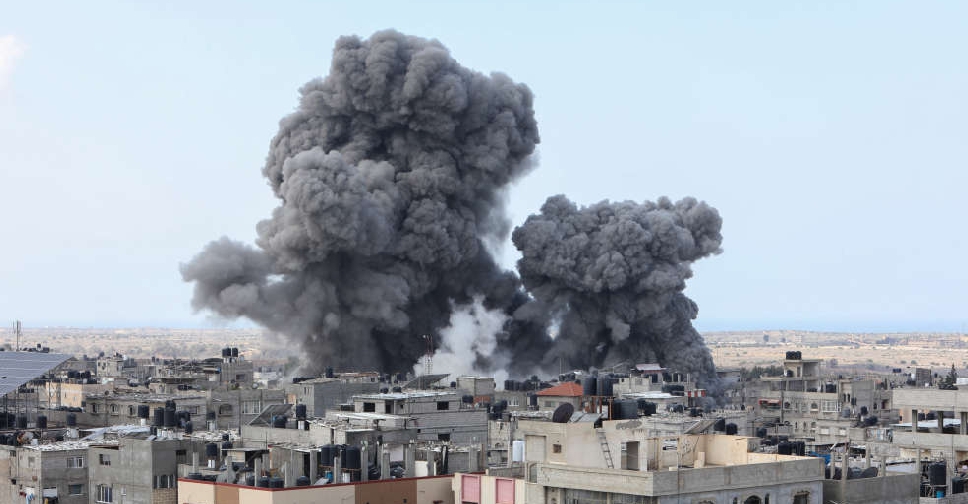
At least 28 Palestinians, including children, were killed on Thursday in an Israeli strike on a shelter in the northern Gaza Strip, a Gaza health ministry official said.
Israel said the attack targeted tens of militants at the site.
Dozens were also injured in the strike, said the official, Medhat Abbas, adding: "There is no water to extinguish the fire. There is nothing. This is a massacre."
"Civilians and children are being killed, burned under fire," said Abbas.
The Israeli military said in a statement the strike targeted militants from Hamas and Islamic Jihad groups, who operated from within the Abu Hussein School in Jabalia that had been serving as a shelter for displaced people.
Hamas said in a statement that allegations there were fighters at the school were "nothing but lies", adding this was "a systematic policy of the enemy to justify its crime."
Residents of Jabalia, in northern Gaza, said Israeli forces blew up clusters of houses firing from the air, from tanks and by placing bombs in buildings then detonating them remotely.
Jabalia has been under Israeli siege for two weeks in an intensification of Israeli operations in northern Gaza.
The north has recorded the highest concentration of casualties during this period.
Thousands remain trapped in the area, with no food or essential supplies reaching them since the beginning of October.
An Israeli airstrike killed at least 16 people at a hospital in Jabalia on October 10. A subsequent strike near the entrance of the hospital injured dozens more.
About 1.84 million people across the besieged Palestinian enclave are living through high levels of acute food insecurity, including nearly 133,000 people experiencing the most severe, or "catastrophic", levels, according to an analysis from the Integrated Food Security Phase Classification.
That is down from some 343,000 people suffering catastrophic hunger as of the last update in June, but it is expected to return to that level in coming months, the IPC said.
UN human rights chief Volker Turk described the assessment as "beyond terrifying."



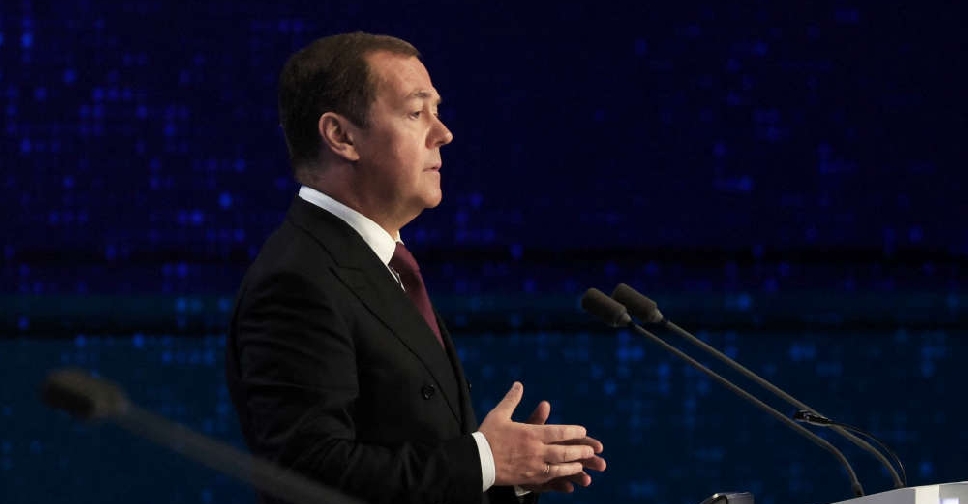 Russia's Medvedev says more countries will acquire nuclear weapons
Russia's Medvedev says more countries will acquire nuclear weapons
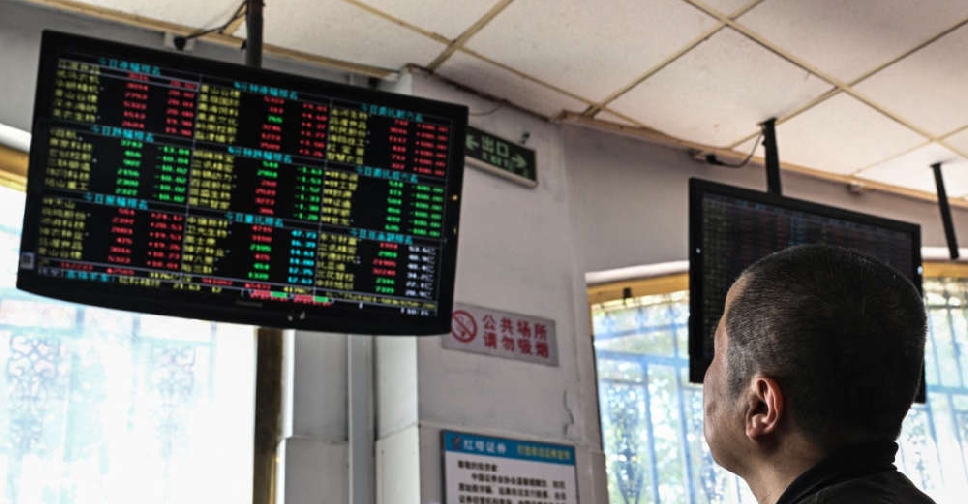 China vows to 'fight to the end' as US tariff war rages
China vows to 'fight to the end' as US tariff war rages
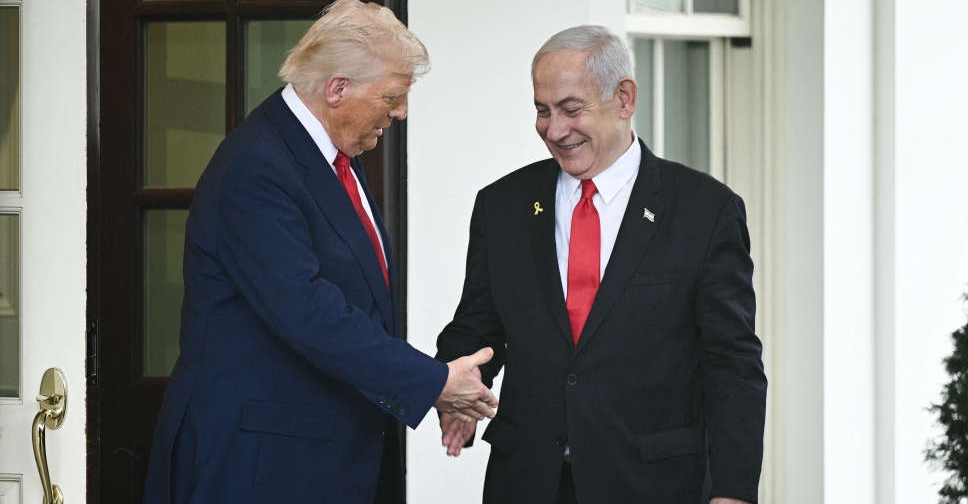 Trump claims end of Gaza war isn't 'too distant' after talks with Netanyahu
Trump claims end of Gaza war isn't 'too distant' after talks with Netanyahu
 Multiple UN agencies call for urgent renewal of Gaza ceasefire
Multiple UN agencies call for urgent renewal of Gaza ceasefire
